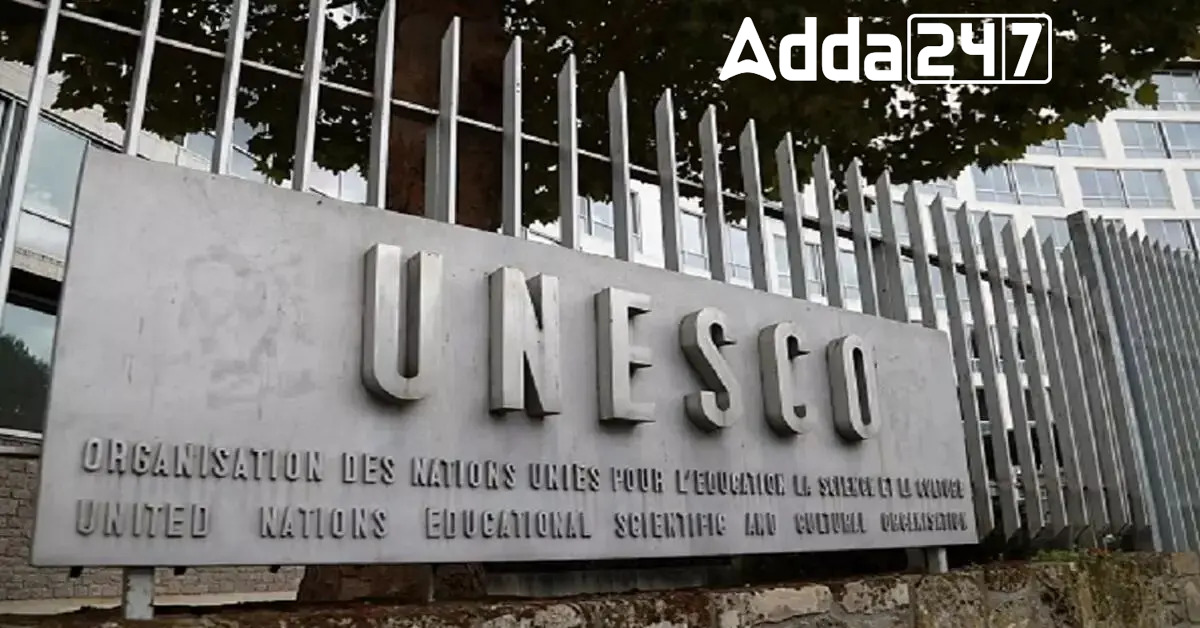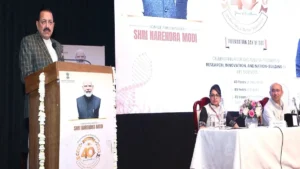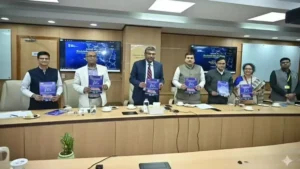India is hosting the UNESCO World Heritage Committee meeting for the first time, alongside the 2024 World Heritage Young Professionals Forum in New Delhi. From July 14 to 23, young professionals from around the world will gather to enhance their skills in heritage preservation and sustainable development. The forum, organized by the Ministry of Culture and the Archaeological Survey of India, focuses on integrating global heritage concepts with local Indian heritage management.
Key Sub-themes
Climate Change and Heritage Preservation
Participants will address the impact of climate change on World Heritage sites and explore adaptive strategies for preservation.
Innovative Technologies in Heritage Promotion
The forum will examine the role of technology in promoting and conserving World Heritage, emphasizing innovative approaches and managerial practices.
Community Engagement in Heritage Conservation
Young professionals will discuss participatory approaches involving communities in the preservation and sustainable management of heritage sites.
Sustainable Tourism and Entrepreneurship
The forum aims to strengthen sustainable tourism initiatives and explore entrepreneurial opportunities linked to World Heritage sites.
Activities
Participants will engage in presentations, roundtable discussions, and site visits to iconic Indian heritage sites such as Qutb Minar, Red Fort, Humayun’s Tomb, and the Taj Mahal in Agra.
UNESCO: Key points
- Formation: UNESCO (United Nations Educational, Scientific and Cultural Organization) was founded on November 16, 1945, with the goal of promoting peace and security through international cooperation in education, science, culture, and communication.
- Mandate: UNESCO’s primary objectives include promoting education for all, safeguarding cultural heritage, fostering scientific cooperation, promoting freedom of expression, and advocating for sustainable development.
- Headquarters: UNESCO’s headquarters is located in Paris, France.
- World Heritage Sites: UNESCO is known for designating and preserving World Heritage Sites around the globe, which are recognized for their cultural, natural, or mixed significance.
- Programs and Initiatives: UNESCO runs various programs focusing on education, cultural diversity, literacy, sustainable development, gender equality, and protection of freedom of expression.
- Member States: UNESCO has 193 Member States and 11 Associate Members, representing a diverse global community committed to its ideals.
- Leadership: The organization is led by a Director-General, currently Audrey Azoulay, who oversees UNESCO’s activities and initiatives worldwide.




 DBT Marks 40 Years; Dr Jitendra Singh La...
DBT Marks 40 Years; Dr Jitendra Singh La...
 MeitY Launches ‘Blockchain India Challen...
MeitY Launches ‘Blockchain India Challen...
 Cabinet Approves MSP for Raw Jute for 20...
Cabinet Approves MSP for Raw Jute for 20...








